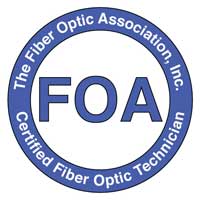

Fibre Optic Cabling Installation
At Holker, we are certified in fibre optic cabling installation.
We are proud to be a part of the Fibre Optic Association, with all work being carried out in house by our skilled engineers, who use the latest technology in splicing.
Fibre optic splicing is an indispensable process for constructing and maintaining fibre optic networks, crucial for seamless connectivity. Fibre optic cables offer superior speed, reliability, and future-ready capabilities compared to traditional copper cables.
How it works
Splicing involves joining two fibre optic cables end-to-end to create a continuous optical path for signal transmission. This process is used for installing long cable runs or repairing damaged cables.
By reducing signal loss and reflection, splicing improves overall network performance and reliability,
Our fibre optic cabling installation is thoroughly tested and reports get sent straight to our project managers. This ensures all work is completed within the Fibre Optic Association Specifications.
Find out how our fibre optic cabling installation could benefit the efficiency of your business or educational establishment.
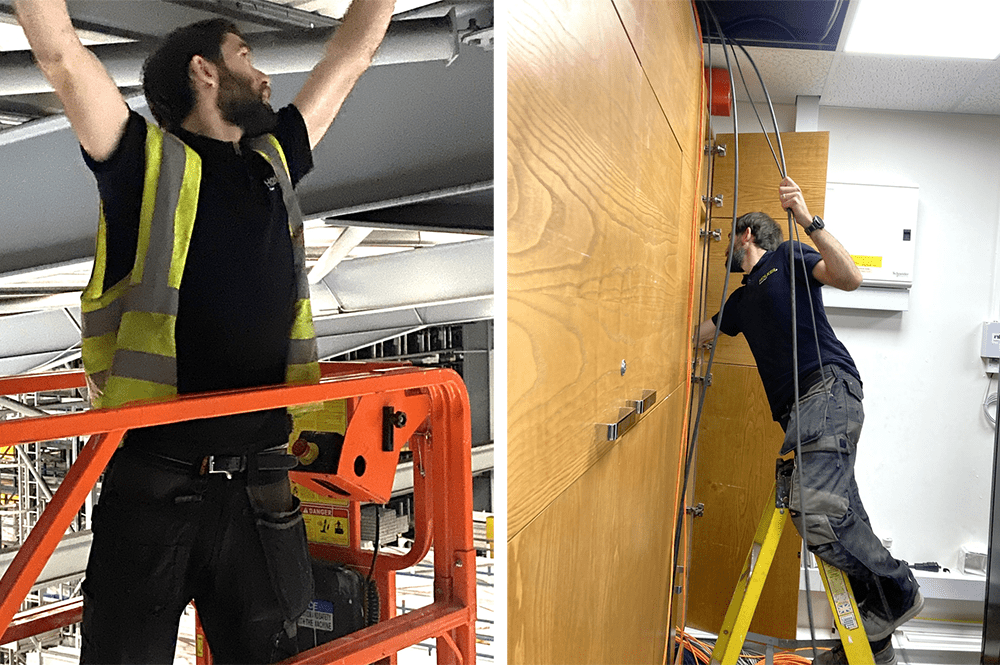
Say Goodbye to Slow
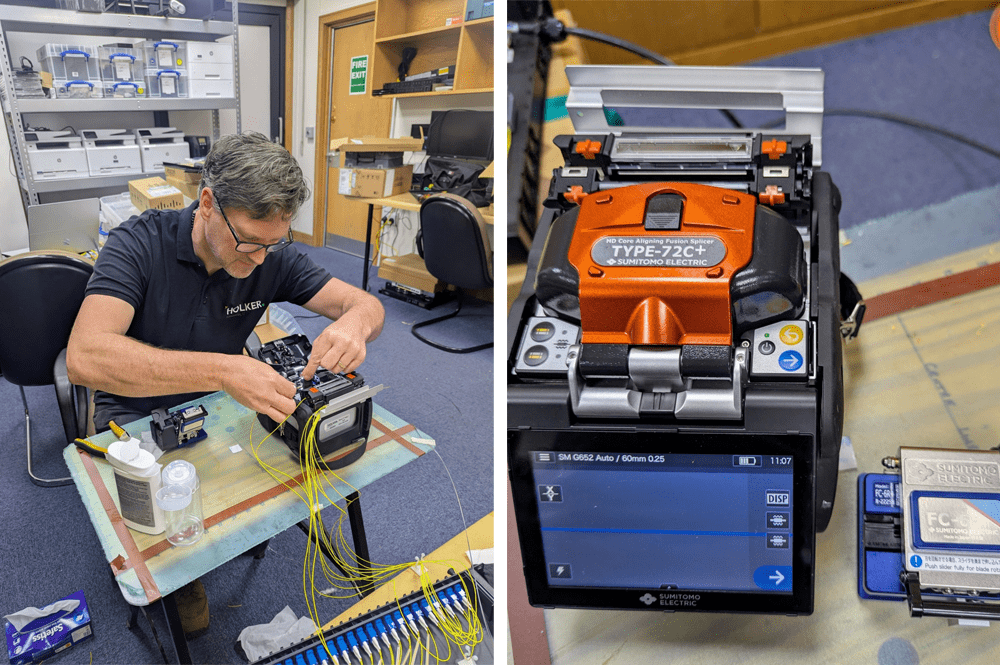
Say Hello to Fast
What is Fibre Optic Technology?
Fibre connections, use fibre optic cables to transmit data. These cables are made of thin strands of glass or plastic that carry data as light signals, allowing for much faster and more reliable internet connections compared to traditional copper wires used in ADSL broadband.
In the past 15 years alone, fibre optic technology has seen huge change, mainly to meet the ever increasing demand on modern networks. Today we have more bandwidth hungry applications demanding greater speed, so now more than ever now is the time to adopt it’s many benefits.
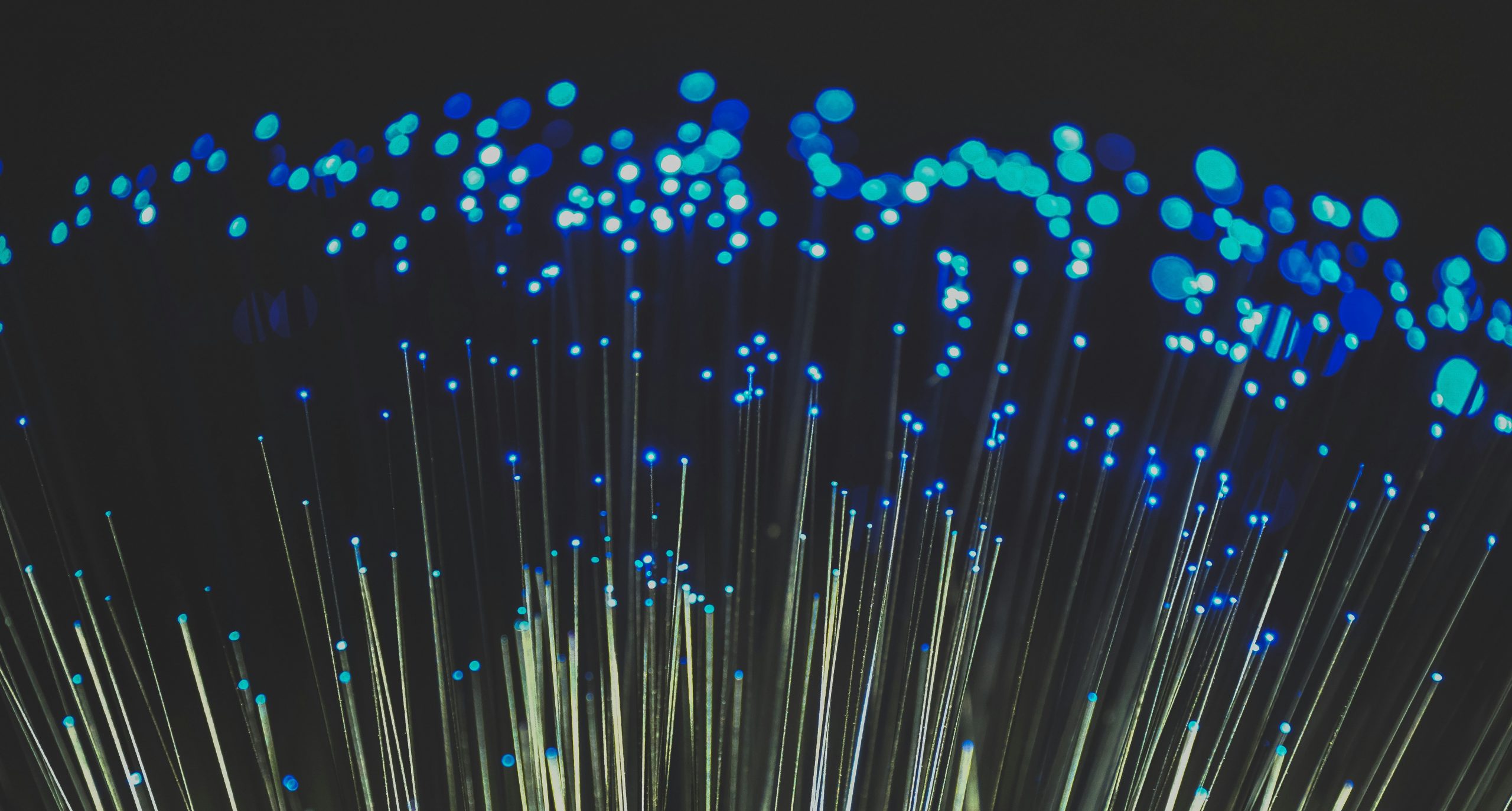
- Higher Bandwidth: Fibre optic cables can carry significantly more data than copper wires. This means faster internet speeds and the ability to handle more simultaneous connections.
- Speed: Data travels as light signals in fibre optics, which allows for much faster transmission speeds compared to the electrical signals used in copper wires.
- Longer Distances: Fibre optic cables can transmit data over much longer distances without significant signal loss. Copper wires, on the other hand, experience more signal degradation over long distances.
- Immunity to Interference: Fibre optics are less susceptible to electromagnetic interference, which can affect the performance of copper cables. This makes fibre optics more reliable in environments with high electromagnetic activity.
- Durability and Size: Fibre optic cables are thinner, lighter, and more durable than copper cables. They can withstand more tension and are less prone to damage.
- Security: Fibre optic cables are more secure because they do not emit signals that can be intercepted easily. This makes them a better choice for transmitting sensitive data.
These advantages make fibre optic technology a preferred choice for modern communication networks, especially in applications requiring high-speed and reliable data transmission.
Key Benefits of Fibre Optics:
- Speed and Reliability: Fibre broadband offers significantly higher download and upload speeds, making it ideal for activities like streaming, gaming, and video conferencing.
- Bandwidth: It provides greater bandwidth, which means multiple devices can connect to the internet simultaneously without a drop in performance.
- Installation: The installation process involves running a fibre optic cable from a nearby telegraph pole or underground to an external junction box on your property. From there, a smaller cable is run inside to an Optical Network Terminal (ONT), which connects to your router.
- Availability: Fibre broadband is becoming increasingly available across the UK, but availability can vary depending on your location.
Benefits of Fibre Optics:
- High Speed: Fibre broadband provides much faster download and upload speeds, which is great for streaming HD videos, online gaming, and large file transfers without buffering or lag.
- Reliability: Fibre optic cables are less susceptible to interference and signal degradation compared to copper wires, ensuring a more stable and reliable internet connection.
- Higher Bandwidth: With greater bandwidth, multiple devices can connect to the internet simultaneously without a noticeable drop in performance. This is particularly useful for business networks with many users.
- Future-Proofing: Fibre networks are designed to handle increasing data demands, making them a more future-proof solution as internet usage continues to grow.
- Better for Remote Work and Learning: The high speeds and reliability of fibre broadband make it ideal for video conferencing, online classes, and other remote work or learning activities.
- Enhanced Online Experience: Activities like video streaming and cloud services perform better with fibre broadband due to its low latency and high speed.
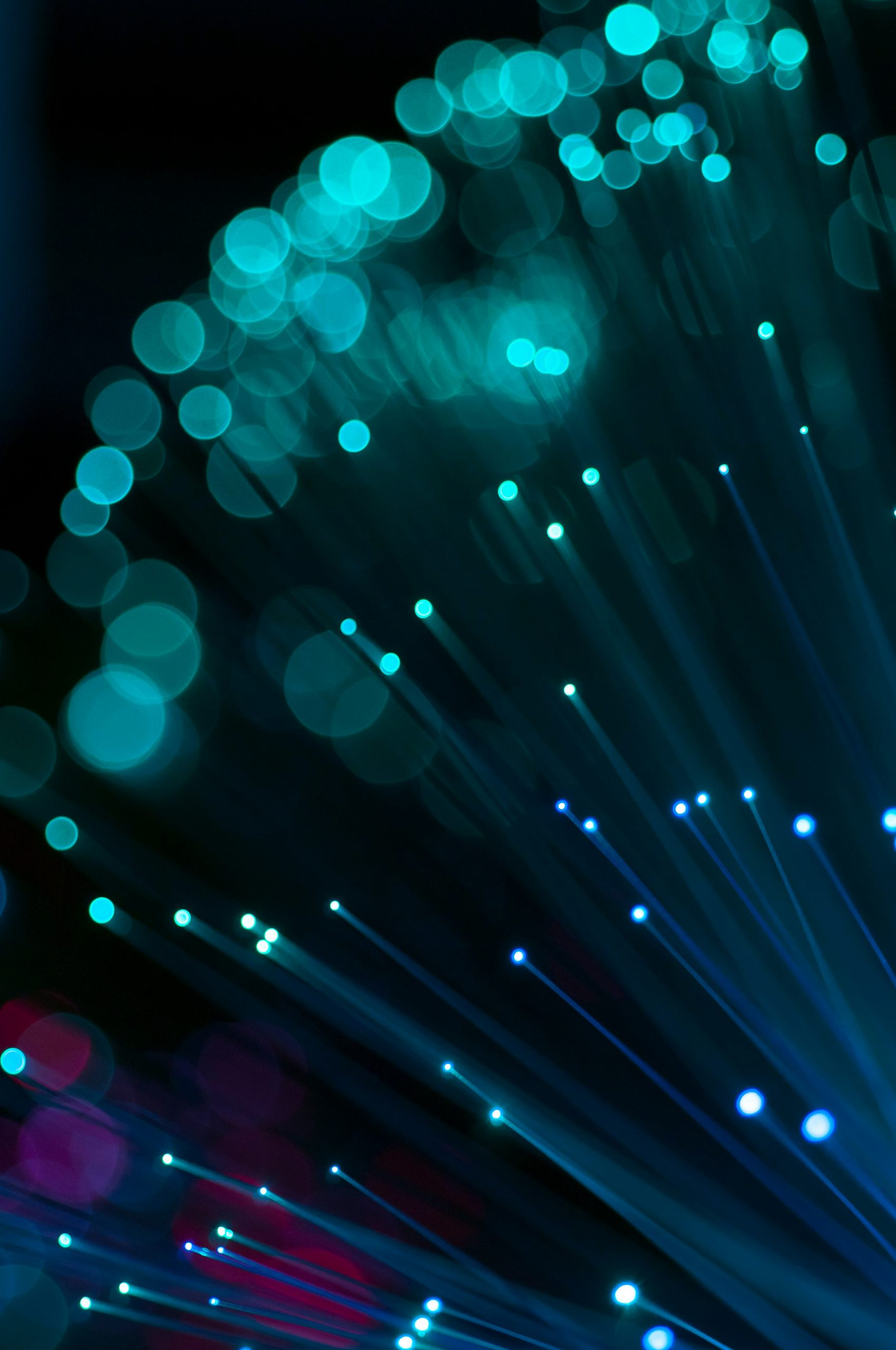
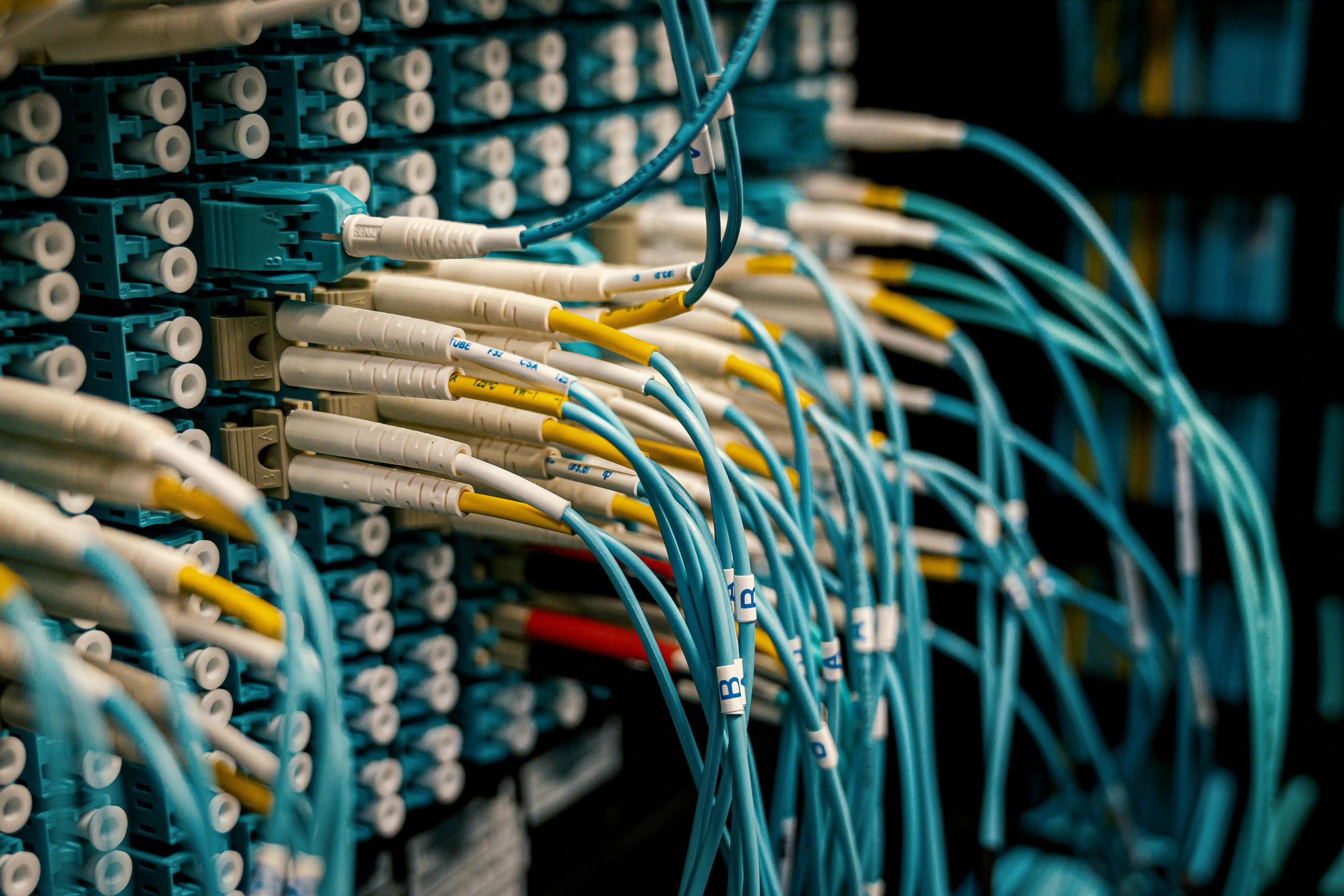
Need more information on our services?
Fill out the form and one of our colleagues will be in touch to discuss your requirements. You can also call us on 0333 305 2020 if you need a faster response.
- Talk to someone who can answer your questions.
- No hard sales, just a friendly chat.

